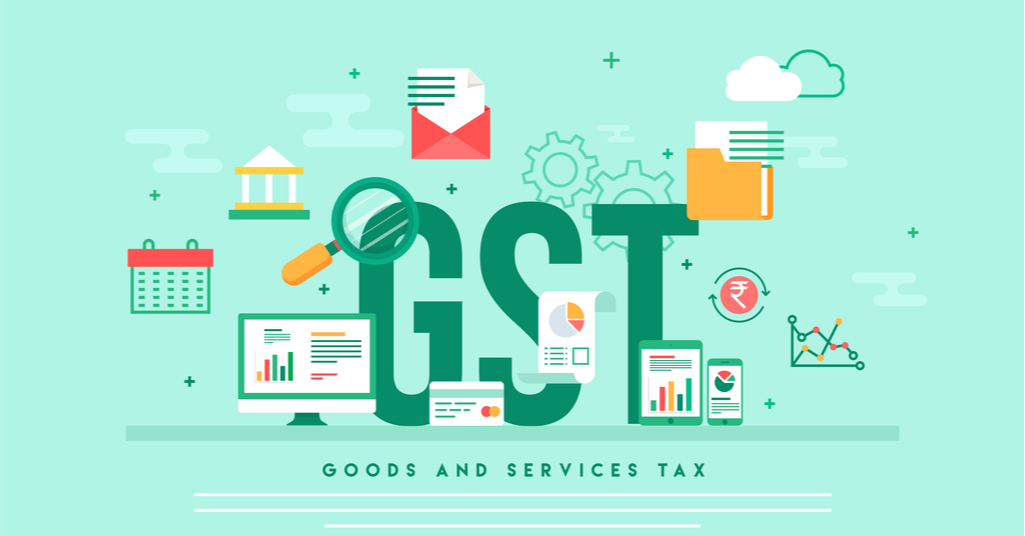GST Claims for Businesses in Singapore

Entrepreneurship can be an exhilarating journey, filled with the excitement of bringing your vision to life and navigating the complexities of business ownership. From conceptualizing your idea to achieving product-market fit and targeting your desired customer segments, every step is a thrilling adventure. However, amidst the hustle and bustle of entrepreneurship, it's crucial not to overlook essential tasks like managing accounting, cash flow, and taxes.
Fortunately, with the assistance of Xero, handling these critical aspects of business management becomes remarkably streamlined and efficient. This allows entrepreneurs to devote more time and energy to realizing their visions and driving their ventures forward. While it may be tempting to overlook accounting and tax-related matters, adhering to Singapore's regulatory frameworks is fundamental to the success and sustainability of any business endeavor. Let's dive to learn more on how to claim GST for business in Singapore.
Exploring the nuances of GST claims accessible to Singaporean businesses
Within the realm of GST, two primary components dictate financial transactions:
- Input Tax:
This refers to the GST paid for business-related purposes on invoices issued by GST-registered entities for goods and services procured from suppliers, contractors, and business associates.
- Output Tax:
Conversely, Output Tax pertains to the GST charged or collected for business purposes, acting as a representative of the government for GST-registered entities when selling goods or services.
Duration for GST Claims & Filing?
When it comes to Singapore GST claims, understanding the time frame is crucial. As a business owner, you often juggle multiple responsibilities, particularly in the early stages of your venture. It's imperative to ensure that any GST claims align with your company's accounting period.
The accounting period typically corresponds with the financial year, which can vary among entities. A prevalent accounting period spans from April to March, although some companies, like HP Inc and HP Enterprise, operate on a November to October fiscal year. Alternatively, some businesses and entrepreneurs opt for a January to December financial year, which is often chosen for its simplicity and alignment with the standard calendar period.
Unlocking the Benefits of GST Claims for Businesses
For Singapore startups and SMEs, claiming GST refunds can be a game-changer. Especially for those in STEM fields, where R&D activities often eat into financial resources. Being GST-registered means potential refunds from IRAS, injecting much-needed funds into day-to-day operations. This financial boost, though seemingly modest, can cover essential expenses like office rent, salaries, and utilities, helping businesses stay afloat and focused on growth.
Read more: Calculating GST & Service Charges in SG 2024
